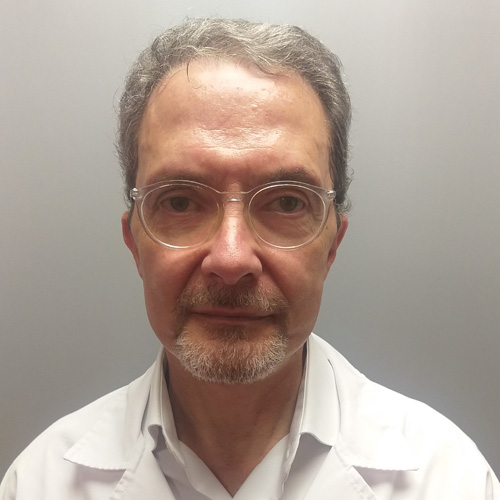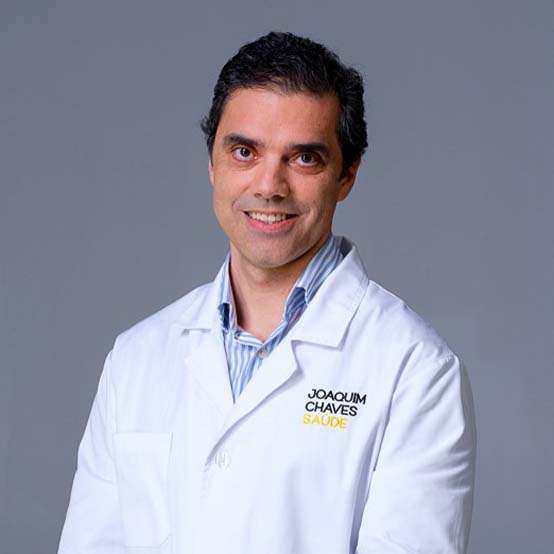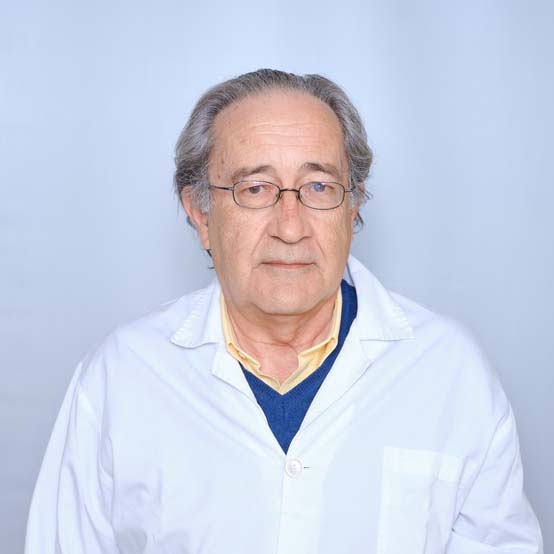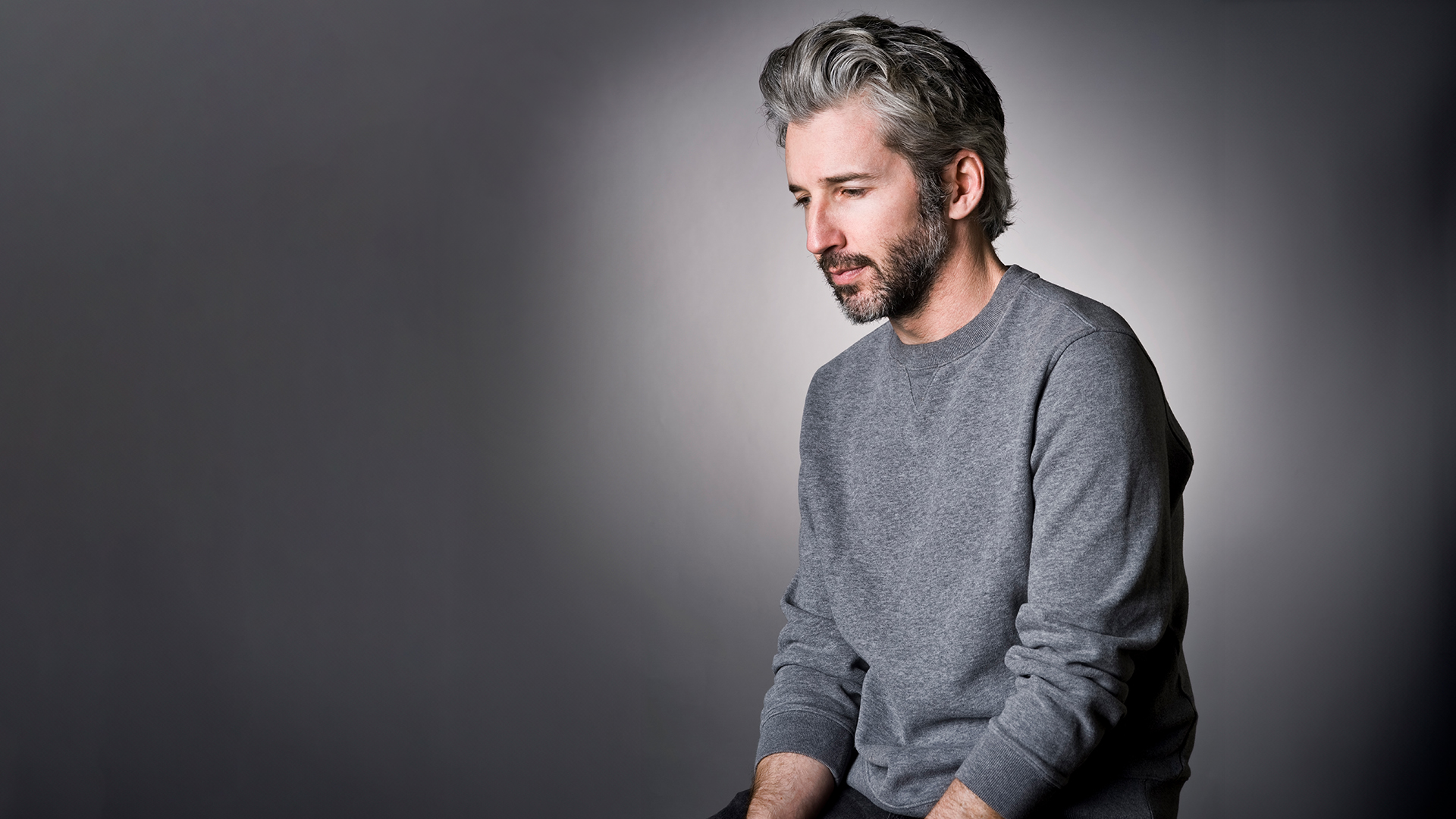Palpitations, chest pain, stomachaches, tingling in the limbs, a sensation of breathlessness, or excessive worries can be signs of an anxiety disorder. Find out what it is, what the symptoms are, and how to treat it.
Portugal is one of the countries with the highest prevalence of anxiety in the world, with nearly 9 cases per 100 inhabitants. Often underestimated and stigmatized, anxiety disorder is a clinical condition that should be treated by specialized medical professionals. Discover when anxiety ceases to be normal, what signs to look out for, and how to treat it.
What Is Anxiety: What Is It?
Anxiety is a natural response of the body to situations of stress or the perception of danger. It is a common emotion that everyone experiences at some point in their lives. In some cases, this is a helpful response as it prepares the body to face a challenging situation, increasing alertness and vigilance. However, when anxiety becomes excessive, persistent, and interferes with daily activities, it can turn into a disorder.
What Are the Main Causes of Anxiety?
Anxiety can be triggered by various factors, and the causes vary from case to case. Often, the person cannot identify the reason for their anxiety. Generally, there are several interconnected factors that create a clinical picture with anxious reactions.
Biological factors, such as genetic inheritance, hormonal changes, or the development of illnesses, can contribute to the development or worsening of anxiety. Additionally, changes in the levels of brain neurotransmitters, such as serotonin, dopamine, and norepinephrine, can play a significant role in the development of anxiety disorders. Excessive alcohol, drug, or medication use can also trigger or worsen symptoms.
On the other hand, there are external factors related to specific life events, which can be personal, familial, relational, professional, or social. For example, traumatic experiences of abuse or neglect can increase the risk of developing anxiety disorders. Prolonged exposure to stress, such as work pressure, financial problems, or constant worries, can also contribute to an anxious condition. Lack of physical activity is often identified in people with anxiety disorders.
Anxiety: What Are the Symptoms?
The most common symptoms of an anxiety disorder include:
- Intense and persistent worry about future events, often with a sense that something bad will happen, even if there is no clear reason for it.
- Constant fatigue and lack of energy, often related to poor sleep quality.
- Difficulty concentrating on tasks, making decisions, or recalling information.
- Muscle tension, which can lead to headaches, backaches, or other physical symptoms related to muscle contraction.
- Psychosomatic symptoms, such as headaches, muscle pain, chest pain, and gastrointestinal problems.
- Increased heart rate and palpitations.
- Excessive sweating, especially in the hands and armpits.
- Tremors in the hands or other parts of the body.
- Rapid breathing or a sensation of breathlessness.
- Difficulty falling asleep or waking up multiple times during the night.
How Is the Diagnosis of Anxiety Disorder Made?
The diagnosis of an anxiety disorder should be made by a mental health professional, such as a psychiatrist or psychologist. A comprehensive and detailed clinical interview is necessary to explore the moments when the person experiences anxiety and to identify the internationally defined criteria for the frequency and intensity of symptoms for diagnosis.
It is also important to make a differential diagnosis to exclude physical or mental illnesses that may underlie anxiety symptoms, including mood disorders such as atypical depressive disorder or bipolar affective disorder.
What Does Anxiety Treatment Involve?
It is important to remember that anxiety is a normal and universal phenomenon that is part of life and even allows for effective adaptation to the surrounding environment. Only when it manifests intensely and persistently, compromising a person's functioning in various areas of life, are we dealing with an anxiety disorder.
High anxiety is generally treated with lifestyle modifications and cognitive-behavioral therapy. Anxiety disorder should be treated with medication and psychotherapy. There are various medications available for the treatment and control of anxiety. Benzodiazepines are used to control anxiety and should be taken under medical supervision and for limited periods, as they carry the risk of habituation and dependence if used improperly. Pharmacological treatment of anxiety is generally done with selective serotonin reuptake inhibitors, commonly called antidepressants. These drugs should be taken for the recommended periods and do not cause habituation or dependence. In cases of anxiety resistant to therapy, there are other pharmacological groups that can be effective, as well as transcranial magnetic stimulation.
How to Prevent Anxiety?
There are some strategies that can help manage normal anxiety better and prevent the development of anxiety disorders.
1. Maintain a Healthy Lifestyle
Engage in regular physical exercise to release endorphins, which promote well-being. Additionally, maintain a balanced diet to provide the body with the necessary nutrients for good physical and mental functioning. Prioritize rest and follow good sleep hygiene practices.
2. Adopt Stress Management Practices
It's important to manage time effectively to avoid high-pressure situations and set boundaries to avoid overburdening yourself with excessive tasks. Some relaxation techniques can help, such as meditation, mindfulness, yoga, or deep breathing.
3. Cultivate Quality Personal Relationships
Stay in regular contact with friends and family and invest in quality relationships that can provide a safe space to share feelings and concerns and offer emotional support.
4. Prioritize Self-Care
Set aside some time to take care of yourself. Engage in activities you enjoy, preferably relaxing ones. Avoid excessive self-criticism and maintain a positive and constructive inner dialogue.
5. Seek Professional Help
Don't hesitate to seek professional help. Therapy and counseling are valuable for the prevention and treatment of anxiety disorders.
Joaquim Chaves Saúde, by your side to treat anxiety
Despite anxiety being a natural and universal phenomenon, it is important to seek professional help, even when the condition has not reached clinical severity. The specialized support from our team is a fundamental aid in dealing more adaptively with life's various challenges, so you can face them with greater well-being. Take the first step in taking care of yourself and schedule your appointment through the personal area of the website or our app.






